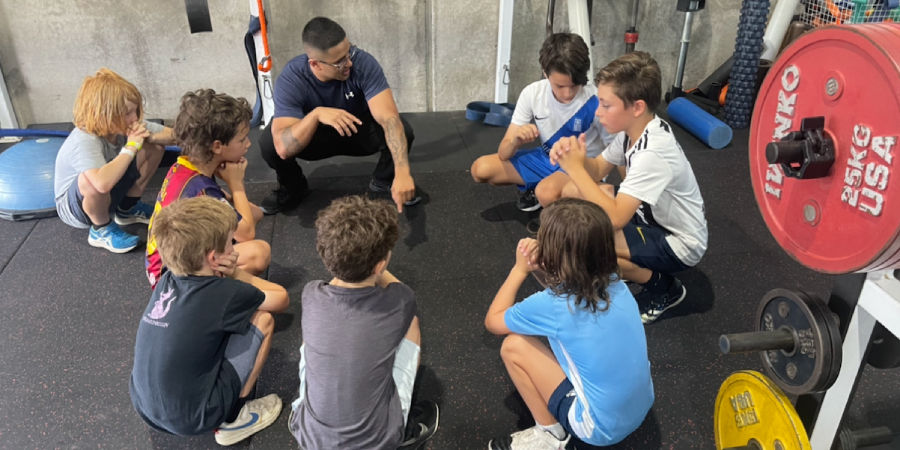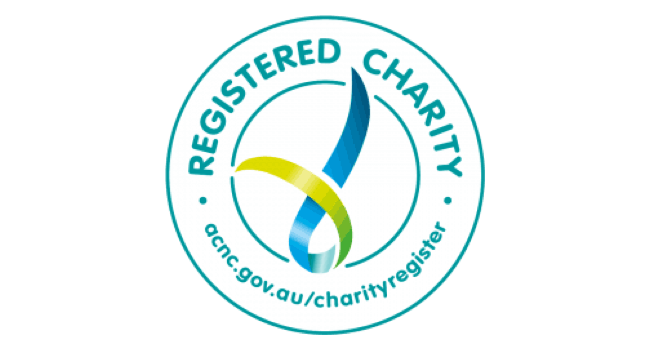We’re always glad to hear ‘good news stories’ about the great work being done by Parent Clubs around Victoria. This one was sent to us recently from the Parent Club at Wembley Primary School.
There is strong consensus and research behind the idea that a positive relationship between schools and the parents and broader community, and active engagement by parents in student learning are critical drivers of school improvement and students’ health and wellbeing outcomes. Parent ‘involvement’ and ‘engagement’ can range from donating and volunteering, to actively participating in the strategic direction of the school. Critically, the ‘engagement’ and ‘involvement’ boxes can only be ticked if a school is taking deliberate steps to engage and involve its parent group, having regard to the backgrounds, characteristics, and needs of its community.
With this in mind, and inspired by the possibilities of what true parent involvement and engagement could do for students’ health, wellbeing and learning, a new parent club was formed at Wembley Primary School in Victoria’s west in 2021. Referred to as the WPA, and with a growing membership, the WPA’s primary focus over the past year has been to establish its internal processes and establish ways of operating that suit all the moving parts and complexities of a volunteer group. Many of Wembley Primary School’s students come from households with working families, and therefore time is one of the biggest challenges for generating consistent community contribution. Together with a school landscape that has its own challenges of resourcing and staff time and pressure, particularly in the current COVID-environment, implementing projects into the school operations has been complex and multifaceted.
Since its inception, the WPA has developed a solid base of fundraising activities and events that have given parents and families an opportunity to involve themselves in the school. Examples have included Mother’s Day and Father’s Day stalls, a movie night for children, election day sausage sizzles and bake stalls, bogan bingo, and raffles.
However, the WPA sees itself as bigger than just a fundraising group. A longer-term goal of the WPA, and the very reason why it was created, was to navigate and identify the most effective ways in which parents and the community can be greater contributors to student success, supported by the well-known research and consensus about parent engagement. As noted above, the positive correlation between a parent’s school engagement and a child’s success at school has been repeatedly found in studies across the globe. Although what is meant by true ‘engagement’ is not clear, the WPA is using the below three principles to guide it in achieving true engagement:
- Positive participation demonstrates to a child that the participator values learning and their school
- Volunteering can result in some powerful tokens for conversation amongst lip-tight children, in turn developing relationships and support avenues with children
- Mental health outcomes are being highlighted more frequently in recent years’ research with both outcomes for those volunteering and a reduction in bullying where volunteer participation is higher.
One style of initiative that the WPA has seen contribute to its longer-term goal is parent-led initiatives. These are effective in many ways in achieving the above principles and are organised with minimal impact on school resourcing and staff time. A few examples that our parents have taken the initiative to run are a walking school bus, classroom attendances (e.g., Halloween, book readings and firefighter visits), afternoon parent picnics, school holiday gym programs, and ICAS practice sessions. In addition, the school’s biggest success of a parent and student-led initiative is our Wembley Waste Warrior program that has now developed into a school embraced program with dedicated staff and significant student participation. A noticeable factor in all these initiatives is the passion brought to the activity as they are driven by people who genuinely love what they do.
As noted above, partnerships and engagement must be tailored to each school community, including having regard to cultural, language, time, and financial barriers. By way of example, some parents and carers are not suited to fundraising; they may not bake; or they may prefer to contribute ‘behind the scenes’. The aim of WPA is to allow parents to ‘find their thing’ and support the school and their child in a way that suits them.
The WPA is far from an expert in this area, but the learnings from its first year are worth reflection for its continued progress next year. The WPA is also hopeful of finding other Parent Clubs to connect with who have experienced similar journeys, or who have navigated the various challenges that come with achieving effective and authentic parent engagement.



